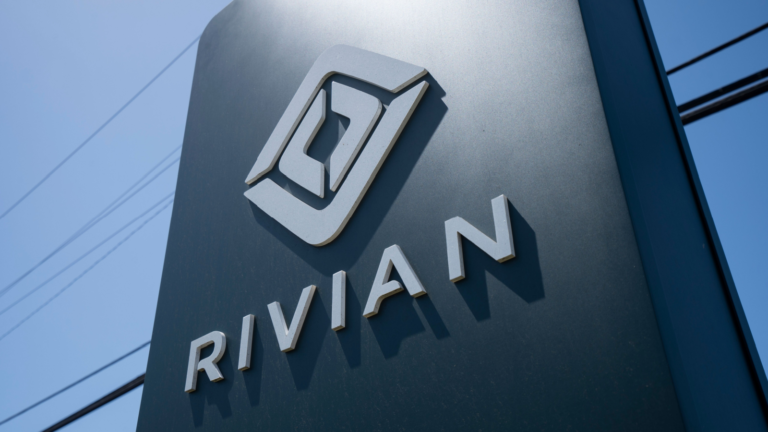In my previous Rivian article, I emphasized my bearish stance on Rivian Automotive (NASDAQ:RIVN) because of a number of factors, such as diminishing EV demand and skepticism of this stock’s long-term value.
Down 90% from its IPO, RIVN stock recently surged as a result of some key catalyst forming. Now, the question is whether these catalysts will be enough to earn RIVN stock a seat in long-term EV investors’ portfolios.
It’s hard to say. There’s certainly something to be said about an auto giant like Volkswagen (OTCMKTS:VWAGY) stepping up with a $5 billion investment in the EV maker.
This joint venture to develop software-defined car platforms is one that is certainly intriguing for many investors, as it aims to enhance technology and cost-efficiency for both companies.
Notably, Rivian gains crucial funding to reduce per-vehicle losses and support expansion. However, of course, the question is whether this partnership will be enough to ensure the long-term viability of Rivian. Let’s dive into this question a bit deeper.
Wall Street Thinks RIVN Stock Is a Buy
Ahead of Rivian’s Q2 earnings on August 6, Wall Street analysts raised price targets, with Wells Fargo (NYSE:WFC) boosting its forecast 80% to $18. Despite positive Q2 delivery numbers and improved inventories, analyst Colin Langan maintained a hold rating, citing the need for stable pricing, reduced costs, and higher sales for Rivian’s new R2 platform.
Rivian stock surged 95% over the past three months, driven by strong Q2 deliveries, investor events, and improved EV sentiment. Despite recent gains, analysts have been slow to adjust their targets, which now average just under $18 per share.
Rivian’s stock was trading around $16.54, while broader indices showed mixed performance. With profits years away and high delivery targets, Rivian’s valuation remains complex, though 57% of analysts have Buy ratings.
Recent Registration Data
U.S. registration data, though delayed, offers valuable sales insights that monthly reports miss. With high-priced EVs slowing demand, automakers face tough choices: offer incentives, cut production, or shift to hybrids. May’s data highlights these trends, showing Rivian as a notable positive amidst the challenges.
Rivian has somewhat defied the trend of costly, less profitable sales. Despite only a $4,060 incentive, it achieved an 87% year-over-year gain. In June, Rivian refreshed its R1 models with significant upgrades and new premium trim options, positioning itself for improved profitability and market appeal.
Despite a rough year ahead for the EV industry, Rivian’s strong performance, VW partnership, and refreshed R1 models offer promise.
The Bear Case
Rivian is launching the $45,000 R2 SUV, cheaper than the R1, along with the R3 and R3X models. Despite a continued sales decline, Wall Street expects renewed EV demand, though it might not sustain or benefit Rivian.
Hybrid vehicles have gained popularity because of range concerns and limited charging infrastructure. Toyota led in hybrids, but Rivian’s lower prices may not overcome range anxiety.
If Rivian stock exceeds $20 in August and nears its peak, gains might be capped near this resistance level. With high per-vehicle losses and uncertain sales, it’s wise to consider cashing out and waiting for a clearer path to profitability.
Be Cautious
Investing in Rivian has been unprofitable since its IPO. Although production ramp-up and Volkswagen’s investment offer some hope, better growth stocks are available in the EV sector. Until Rivian proves it can achieve profitability soon, caution is advised due to potential further declines, especially if a recession does form on the near- to medium-term horizon.
On the date of publication, Chris MacDonald did not hold (either directly or indirectly) any positions in the securities mentioned in this article. The opinions expressed in this article are those of the writer, subject to the InvestorPlace.com Publishing Guidelines.
On the date of publication, the responsible editor did not have (either directly or indirectly) and positions in the securities mentioned in this article.

